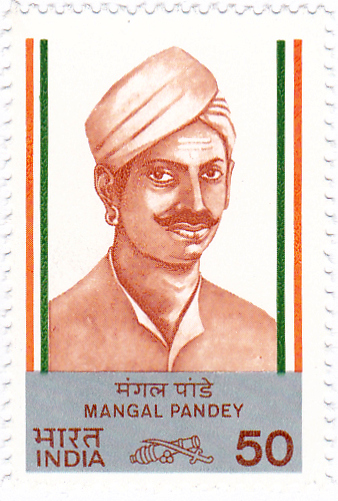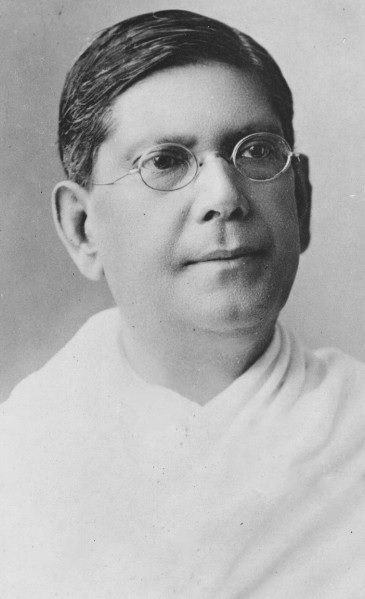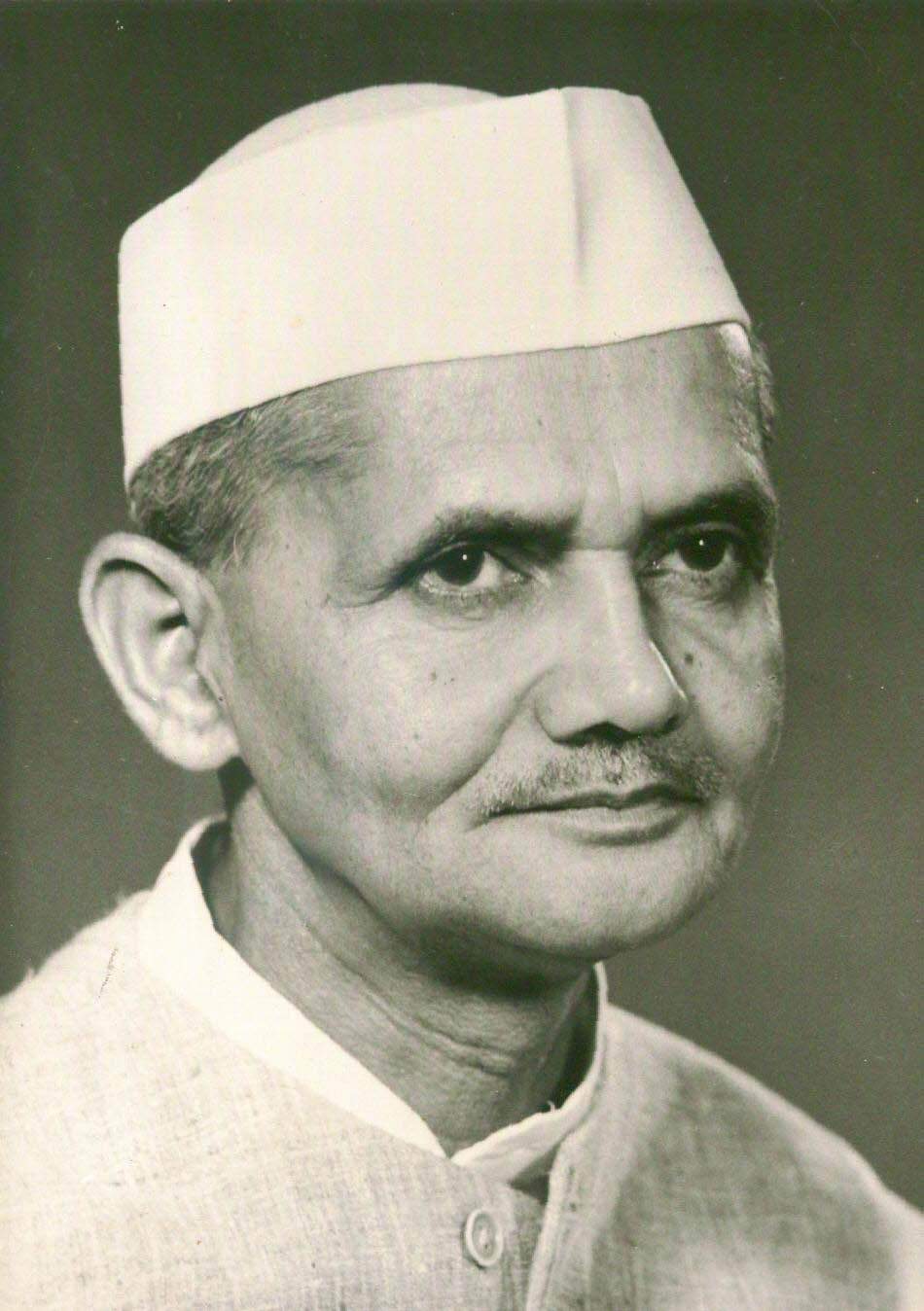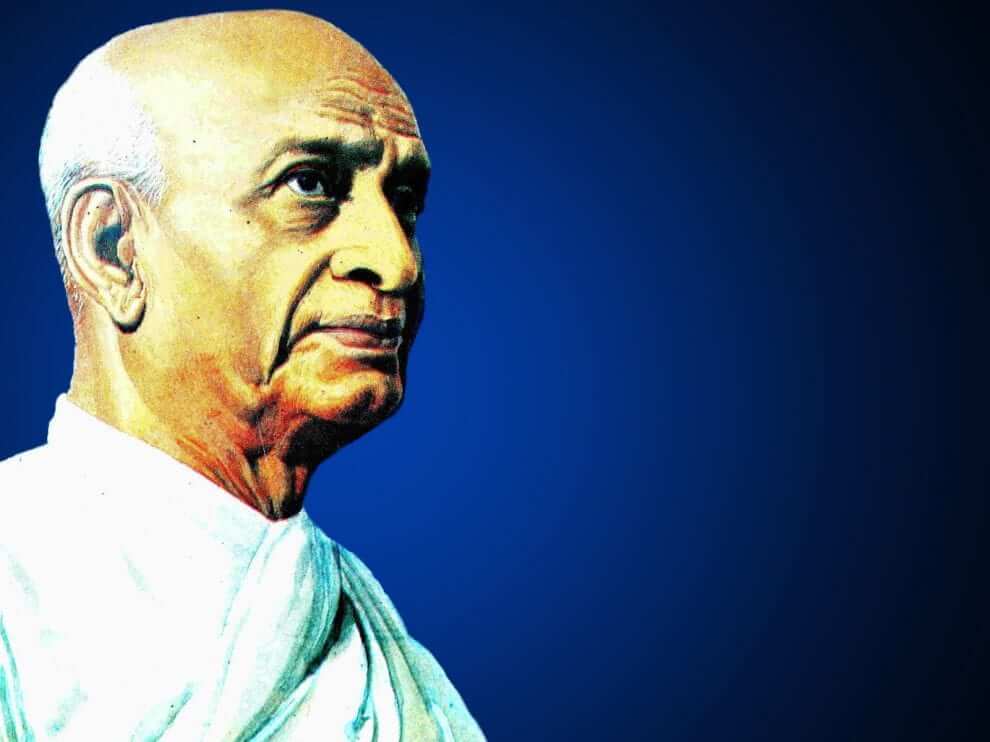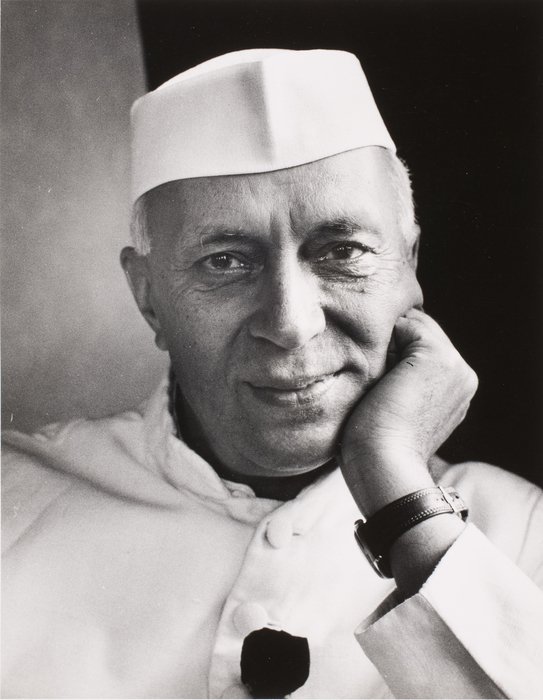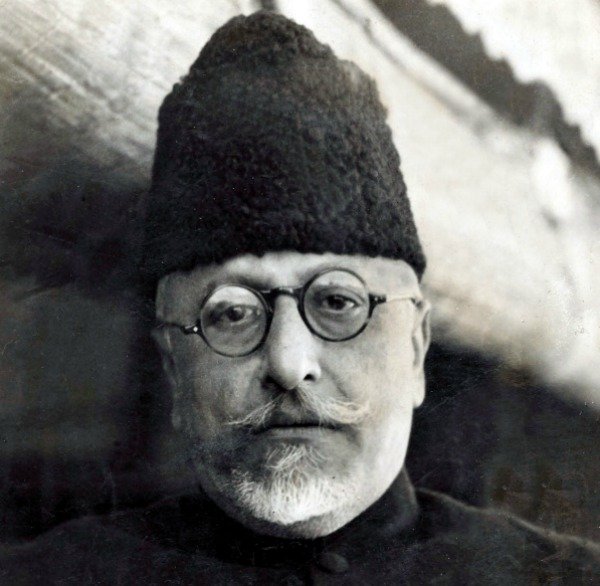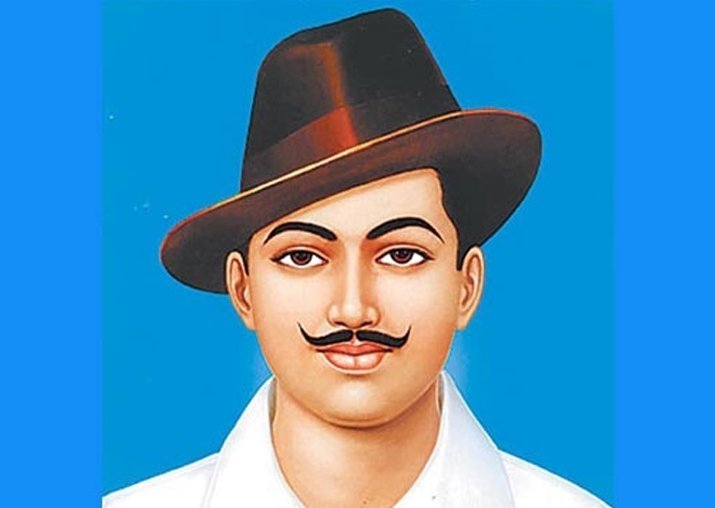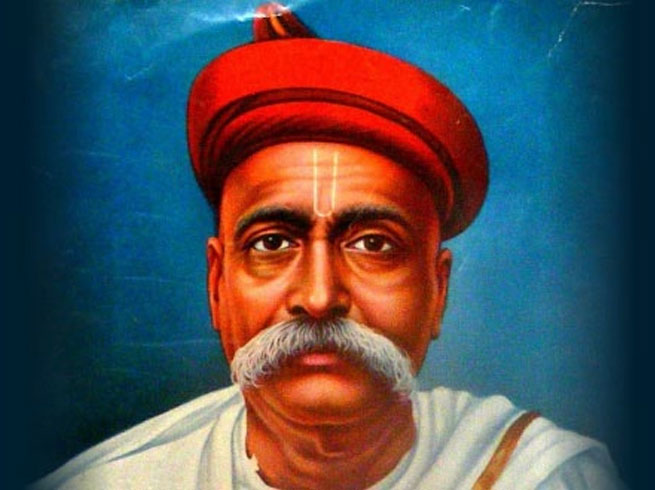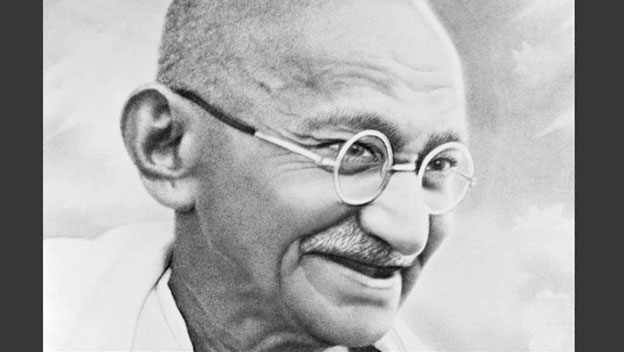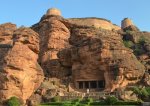- Home
- History of India
- Freedom Fighters of India
- Mangal Pandey
Mangal Pandey
Quick Facts
Name: Mangal Pandey
Country: India
Date of Birth: 19th July 1827
Place of Birth: Nagwa, Ballia District
Death:8th April 1857
Cause of Death: Execution by hanging
Occupation: Soldier in the 34th Bengal Native infantry a regiment of East India Company.
Mangal Pandey was an Indian soldier in the 24th Bengal Native Infantry who played a major role in the Indian rebellion of 1857. A strong believer in the Hindu religion and practises, he served the British East India Company as a Sepoy in the 34th Bengal Native Infantry.
He refused to bite the ends of the cartridges of the Enfield Rifle which was newly introduced and which was believed to have been smeared with cow and pig fat for lubrication. Being a Brahmin, Mangal Pandey treated cow as God and revolted against the British for using of cow’s fat in the Enfield Rifle.
Mangal
Pandey was true freedom fighter and gave a good fight in the first war of
Indian Independence which the British called it a Sepoy mutiny.
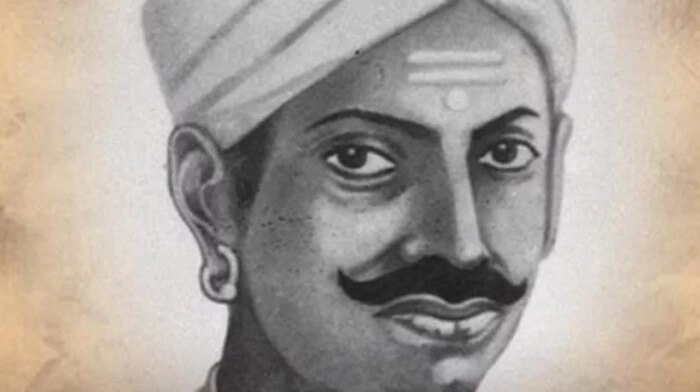
Early Life and Childhood
Mangal Pandey was born on July 19th 1827 in the Nagwa village of Upper Ballia district in Uttar Pradesh. His father’s name was Divakar Pandey who was a peasant and his mother was Abhairani Pandey.
Mangal Pandey was born in the High caste Brahmin family which professed and believed strongly in the Hindu culture and beliefs. He joined the Bengal Army in the year 1849.
He became the private
soldier in the 5th Company of the 34th Bengal Native
Infantry regiment of the British East India Company in the year 1857 which
included many Brahmin soldiers.
Use of Enfield Rifle and Revolt of 1857
The new Enfield Rifle was introduced around 1855 and it was quiet different to others. In this the cartridges could be loaded only after biting the greasy ends of the rifle. It was believed that the ends of the rifle were smeared with the fat of cow and pig.
Cow being considered as mother for Hindus and pork
being forbidden by Muslims caused huge distress among the soldiers of the 34th
Bengal Native Infantry to use the cartridges. Pandey who was a strong Hindu
follower became furious and wanted to teach a lesson to British.
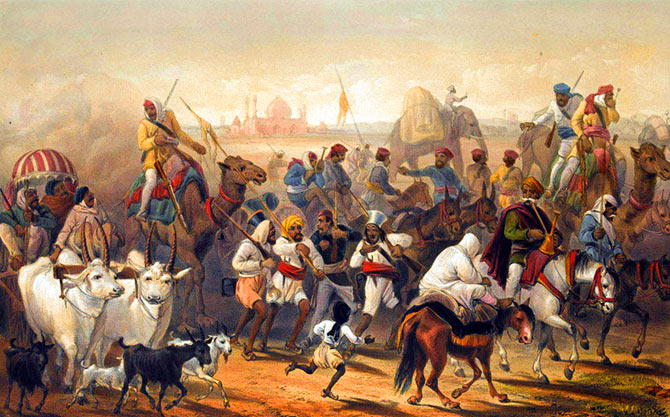
Pandey who was very furious is believed to have incited other soldiers to fight against the British for this punishable act of using fat of animals like cow and pig in the cartridges. Lieutenant Baugh who was an officer in the 34th Bengal native Infantry was in Barrackpore, West Bengal.
He was informed on 29th March 1857 that some soldiers of the regiment were furious for using the fat of cow and pig on cartridges are armed with loaded musket and trying to kill the British whomever they first meet. The soldiers thought that it was a deliberate act of British to let down the religions of and their feelings towards their religions. Mangal Pandey was heading these soldiers.
India
Read more pages about
Aihole Ajanta Caves Ellora Caves Pattadkal
History of Rajasthan History of Delhi Agumbe
Indian Independence Movement Jallianwala Bagh Massacre
According
to the evidence given in the enquiry angered Pandey seized all the weapons and
rushed towards the quarter guard building after knowing that the British
soldiers had arrived on a steamer near the cantonment.
Sergeant Major Hewson after arriving at the parade ground ordered the Indian officer Jemadar Ishwari Prasad who was in command of the quarter guard to arrest Mangal Pandey.
Ishwari Prasad in return explained that he cannot arrest Pandey as all
his NCO’s have gone for help and he alone cannot arrest Pandey. Meanwhile lieutenant
Baugh on learning about the revolt galloped his horse and arrived in search of
Pandey and to disperse the rebellions.
On
seeing Baugh Pandey took position behind the station gun and fired at Baugh. The bullet missed the Lieutenant but it hit
the horse on which he was sitting. Lieutenant fell to the ground but quickly
took his gun and fired at Pandey. He missed Pandey but then when Baugh was
about to take his sword, Mangal Pandey attacked Baugh and wounded him severely.
During
this time Shaikh Paltu who was an Indian solider tried to stop Mangal Pandey
from causing more harm to Baugh. As the word reached the British officer
Hewson, he arrived at the ground and when he was confronting Mangal Pandey,
Hewson was hit by a blow from Mangal Pandey’s musket.
On hearing the sound of the gun shot many soldiers rushed towards the ground but they refused to take any action against Pandey when Shaikh Paltu was trying to defend the two English men. The Sepoys threw stones and shoes on Shaikh Paltu and threatened to shoot him if he doesn’t release Mangal Pandey immediately.
Both
the English men Hewson and Baugh ran and escaped and Paltu also escaped from
the Sepoys.
The report of the incident reached commanding officer General Hearsey who surrounded the ground along with his two officer sons. After taking control of the situation, he ordered the sepoys to obey his orders and arrest Mangal Pandey. The General threatened the Sepoys to shoot if they do not obey and follow his orders. The Sepoys had no other choice but to obey his orders.
Mangal Pandey realising that he had no choice to escape tried to end his life by putting the muzzle of the musket into his chest and pulled the trigger with his foot. However, Mangal Pandey did not die however was just wounded very badly. Pandey recovered and was bought to the trial.
Consequences and Aftermath of the Revolt
After Mangal Pandey recovered from the injuries he was summoned on 6th April 1857. He accepted that the revolt was caused by him alone and no one else is responsible for it.
Both Mangal Pandey and Jamedar Iswhari Prasad were given
death sentence. Execution of Mangal Pandey was scheduled for 18th
April but the British fearing a bigger revolt hanged Mangal Pandey on 8th
April 1857. Iswhari Prasad was hanged on 21st April 1857.
The British East India Company later conducted an enquiry on the 34th B.N.I Regiment. It was concluded that the regiment failed in doing its duties and also failed to control the rebellious Sepoy.
It was imposed of a collective
punishment of disgrace and was disbanded on 6th May 1857. For the
good work done by Sheikh Paltu, he was promoted as Havaldar but however he was
murdered in an isolated place in Barrackpore cantonment just before the
regiment was disbanded
Even though the personnel motivation behind the act of Mangal Pandey remains confused it can be said that he was a hard core Hindu religion follower and a great freedom fighter. Prior to the Barrackpore event there were many reasons of mistrust in the Bengal Regiment.
The first reason is the using cow and pig
fat on the cartridges. It was thought that the British did this purposely to
show disgrace to both Hindu and Muslim religion. The wife of Captain William
Halliday had the Holy book Bible printed in Urdu and Hindi and distributed it
among the sepoys which raised suspicion that British are trying to convert all
the Indians to Christianity.
The revolt of Mangal Pandey was considered as a important part in Indian history. it led to the revolt against the British atrocities against the Indians. The revolt is known in various names like the Indian Rebellion act of 1857, Sepoy Mutiny and India’s first war of independence.
Mangal Pandey influenced thousands of Indians to fight against British. Indians
even to this date consider Mangal Pandey as a good freedom fighter who fought
against British, but British considered him as a traitor.
Commemorate Mangal Pandey
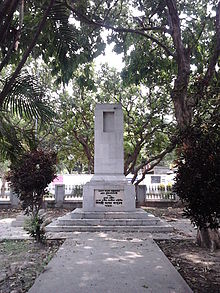
To show respect to such a great soldier India has taken various steps to commemorate him.
To honour the great leader the government of India a postage stamp was issued on October 5th 1984. A park has also been constructed in the name of Shaheed Mangal Pandey Maha Udyaan at Barrackpore where Pandey attacked the Britishers.
A cenetoph was also built at Barrackpore Cantonment on Surendranth Banerjee Road in West Bengal. In the recent years a film was also made by name Mangal Pandey : the Rising. Aamir Khan was in the lead role.
We at india-a2z.com would love to hear and share your opinions. Please share your thoughts with us by clicking the link here
Update on coronavirus in India
Affiliate Disclosure:
If you make any purchase via a link on this site, I may receive a small commission with no added cost to you.
